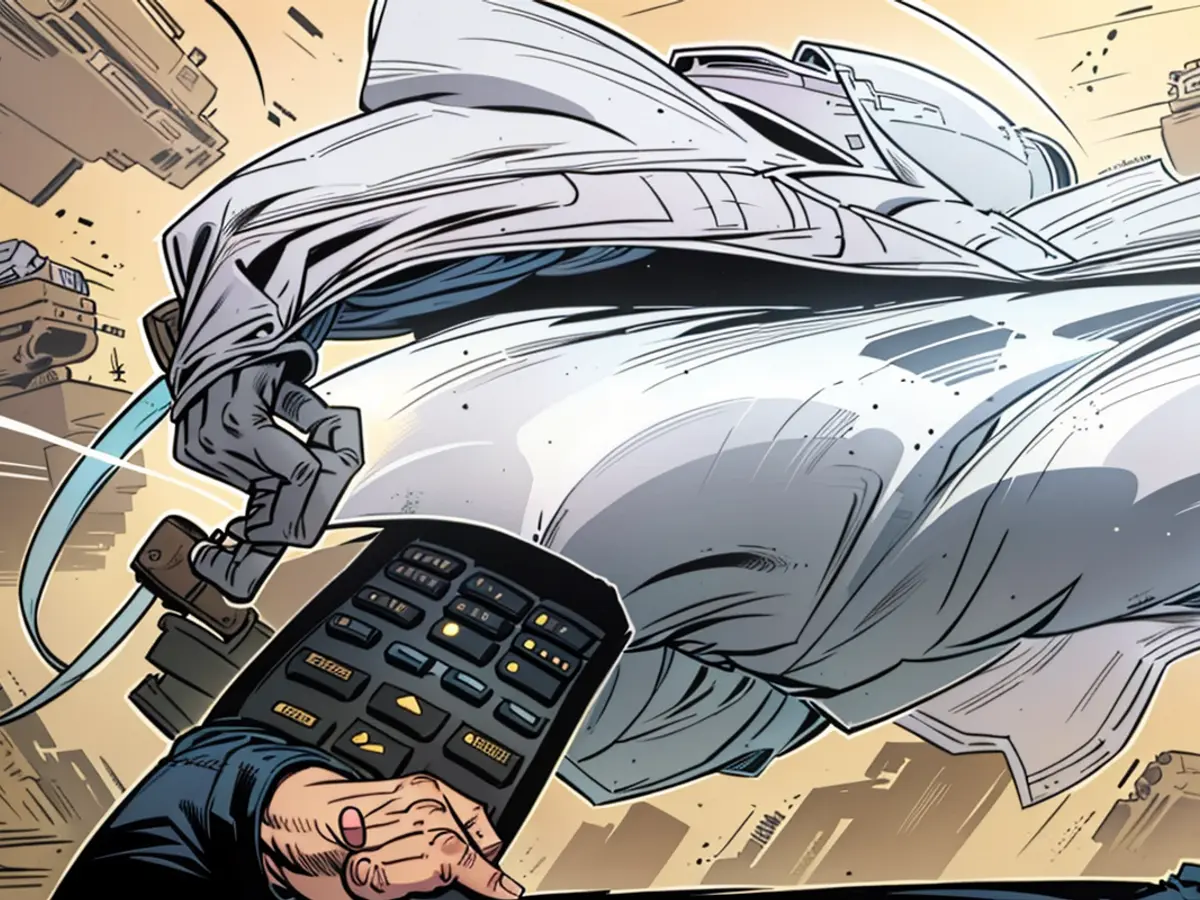Television connection - Service charge privilege ends - tenants must reschedule for TV
Starting forty decades ago, a regulation has been running on a Monday, according to which approximately 12 million households in Germany have paid their television access through rent: From July 1st, landlords are no longer allowed to recover the costs for the television signal via the cost statement. Instead, tenants must find their own ways or voluntarily participate in separate arrangements with the landlord.
The abolition of the legal regulation, known as the co-tenancy privilege, was already decided upon in 2021, and the transition period is now over. This is a setback for cable network providers Vodafone and Tele Columbus; Vodafone has already reported significant customer losses for the first quarter of 2024. Tele Columbus' customer losses are more moderate. In response to the question about the expected losses, Tele Columbus spokesperson Sebastian Artymiak said: "The majority of our current TV customers will stay with us."
How Germans Watch TV
A portion of these providers' customers now use Internet offerings for television, such as Magenta TV from competitor Deutsche Telekom, or online services like Zattoo and waipu.tv. The online segment is on the rise: According to a market study by the state media authorities, 20% of households watched television over the internet in the previous year, which is 5 percentage points more than in 2021. This year, the share should increase further. The share of cable television was 37% in the previous year of the study, which corresponds to a minus of three percentage points since 2022. Satellite has approximately the same share. Antennas play only a minor role.
Most landlords have terminated their group contracts as of July 1st - their tenants must therefore have their own contracts or participate in new group contracts that are separately paid for and in which there is no longer a compulsory participation.
First Disconnections Were Implemented
Some landlords terminated their group contract according to the old model before July 1st. Some tenants who were affected by this may have continued to watch TV, even though they did not have a new contract - the providers cannot turn off the television signal remotely, but must deactivate the connections on site in the cellar of an apartment building or in the apartments themselves.
Tele Columbus spokesperson Artymiak states that they have intensively informed their customers and offered them new contracts. "We don't want to lose our long-term customers, but it's clear: Anyone who doesn't pay and still uses the TV signal will have their connection disconnected in the coming weeks."
From Vodafone, it is said that disconnections have already occurred in more than 60 cities and municipalities in a regular operating mode. The number of households affected was not mentioned. This happens in regular operation: When a technician is already in a house or on a street for other reasons, such as maintenance work or to fix internet issues, they also take care of disconnecting cable connections.
The cable customers who still want to watch TV as before and have paid for the cable signal up to June via the rent, do not have to worry about sitting in front of a black TV screen starting in early July. There will be no "hard cut" at the beginning of July, says Vodafone manager Marc Albers. "Our technicians will ... still disconnect cable connections more aggressively," says Albers.
What this means financially
The legislative change may result in cable customers having to dig deeper into their pockets than before. Most tenants at Vodafone paid between seven and nine Euros under the old model, outside of this price range there were outliers both above and below. According to company statements, the new model of various bundled tariffs ranges from eight to ten Euros. A single contract - that is, if the landlord offers nothing and the customer is left on their own - would cost approximately 12.90 Euros. Tele Columbus also announced a future price range of eight to ten Euros.
When customers register, the companies offer them bundle products. These are contracts that include a cable connection, as well as landline telephone and landline internet, with Vodafone offering optional mobile phone service as well. As a result, a customer may actually be better off financially than before. This is illustrated by an example from Berlin: A customer there paid 10.52 Euros per month for their cable connection fee and nearly 40 Euros for their internet contract with a landline phone. They then signed a bundle contract that costs around 50 Euros per month - the customer is paying half a Euro less than before.
- Despite the abolition of the co-tenancy privilege, cable network operators like Vodafone and Tele Columbus have reported significant customer losses, with Vodafone experiencing more notable losses.
- In response to the transition, some Germans are turning to Internet-based television services such as Magenta TV from Deutsche Telekom, Zattoo, and waipu.tv, which saw an increase in usage from 15% to 20% in the previous year.
- German Telekom, a competitor of Vodafone and Tele Columbus, offers Magenta TV, which has gained popularity among consumers looking for alternative television solutions post-co-tenancy privilege change.
- The spokesperson for Tele Columbus, Sebastian Artymiak, expects a majority of their current TV customers to stay with them, but warned that those who do not pay for their new contracts will have their connections disconnected.
- Amidst these changes, cable network operators like Vodafone and Tele Columbus are offering new bundle contracts to their customers, which may actually prove to be financially beneficial for some consumers, as demonstrated by a Berlin-based example.








